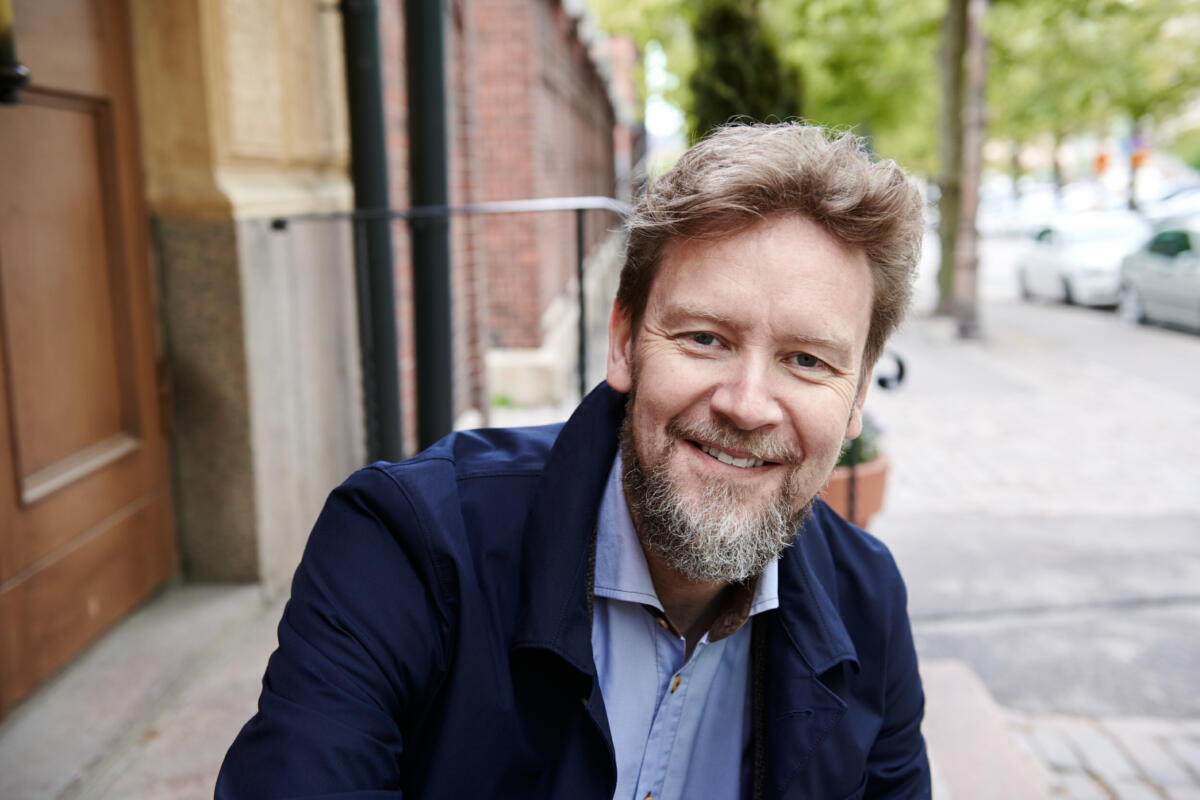Rector of Uniarts Helsinki Kaarlo Hildén: “Culture is a key driver for building the Finland of the future”
On 14 October 2024, Uniarts Helsinki submitted its comment on the Government’s cultural policy report draft that proposes a cultural policy vision spanning until the 2040s. Rector of Uniarts Helsinki Kaarlo Hildén finds the vision and goals laid down in the cultural policy report crucially important for the future of Finland. He thinks that the goal of drawing up a growth strategy tailored specifically for the cultural and creative sector, which is also stated in Orpo’s Government Programme, is something that must not remain just words.

Uniarts Helsinki finds that the vision for 2040 presented in the cultural policy report is realistic but requires determined measures.
“Culture needs to be regarded as a central element in the national strategy in various sectors of politics,” Rector of Uniarts Helsinki Kaarlo Hildén says. He finds that a long-term and goal-oriented cultural policy can make an impact on not only wellbeing, inclusion and societal development, but also on economy and the renewal of the industrial structure.
Research results in the arts and cultural sector should steer the cultural policy
The four goals presented in the cultural policy report (1. Culture is a driver of change, 2. Cultural professionals and contents play a key role, 3. Culture is everyone’s right and 4. International impact is brought about by culture) are all in line with Uniarts Helsinki’s own vision, according to Hildén. He emphasises that the competence and role of professionals in the arts and cultural sector should be utilised more broadly than currently is the case.
“We must offer support so that professionals in the field are able to come up with solutions to the challenges in the field and so that they know how to utilise their special expertise in a more versatile and impactful way than they currently do, even outside of the arts sector,” Hildén says.
Hildén finds it especially critical that the cultural policy is refined based on data and research. Decisions concerning the field need to be backed up by research results, and these results should also be used in the development of the field.
“Research related to e.g. the impact of culture, cultural policy and arts education is needed so that we can make informed decisions and make sure that the field is evolving in a sustainable way,” he explains.
When is it time for a growth strategy for the cultural and creative sector?
In Europe, the cultural and creative sector is one of the fastest growing industries, but Finland is falling behind its benchmark countries when it comes to the development of the sector. Rector Hildén highlights that the renewal of the cultural sector and providing support for its development are crucially important in terms of Finland’s national competitiveness.
“We must pursue the development opportunities in the field and compile a growth strategy for the creative industries, addressing the operators in the field, the business life and the public sector. The growth strategy was mentioned already in Orpo’s Government Programme, but we haven’t yet seen concrete steps being taken to compile it,” he says.
Finally, Hildén notes that the measures stated in the report build a foundation for the future of the cultural sector.
“The goals of the cultural policy report need to be taken seriously. It’s not just about the intrinsic value of culture but about how we build the conditions needed for a valuable and meaningful life, for positive societal development and for sustainable economy. Culture constitutes the mental capital that Finland’s future prospects rely on.”
Background information:
Drawing up a report on cultural policy is included in the Programme of Prime Minister Petteri Orpo’s Government (2023). Stakeholders had the opportunity to participate in the preparations of the report between November 2023 and June 2024 through seminars, events (including a tour in various regions of Finland), surveys and campaigns. Rector of Uniarts Helsinki Kaarlo Hildén was a member of the working group tasked with preparing the cultural policy report.